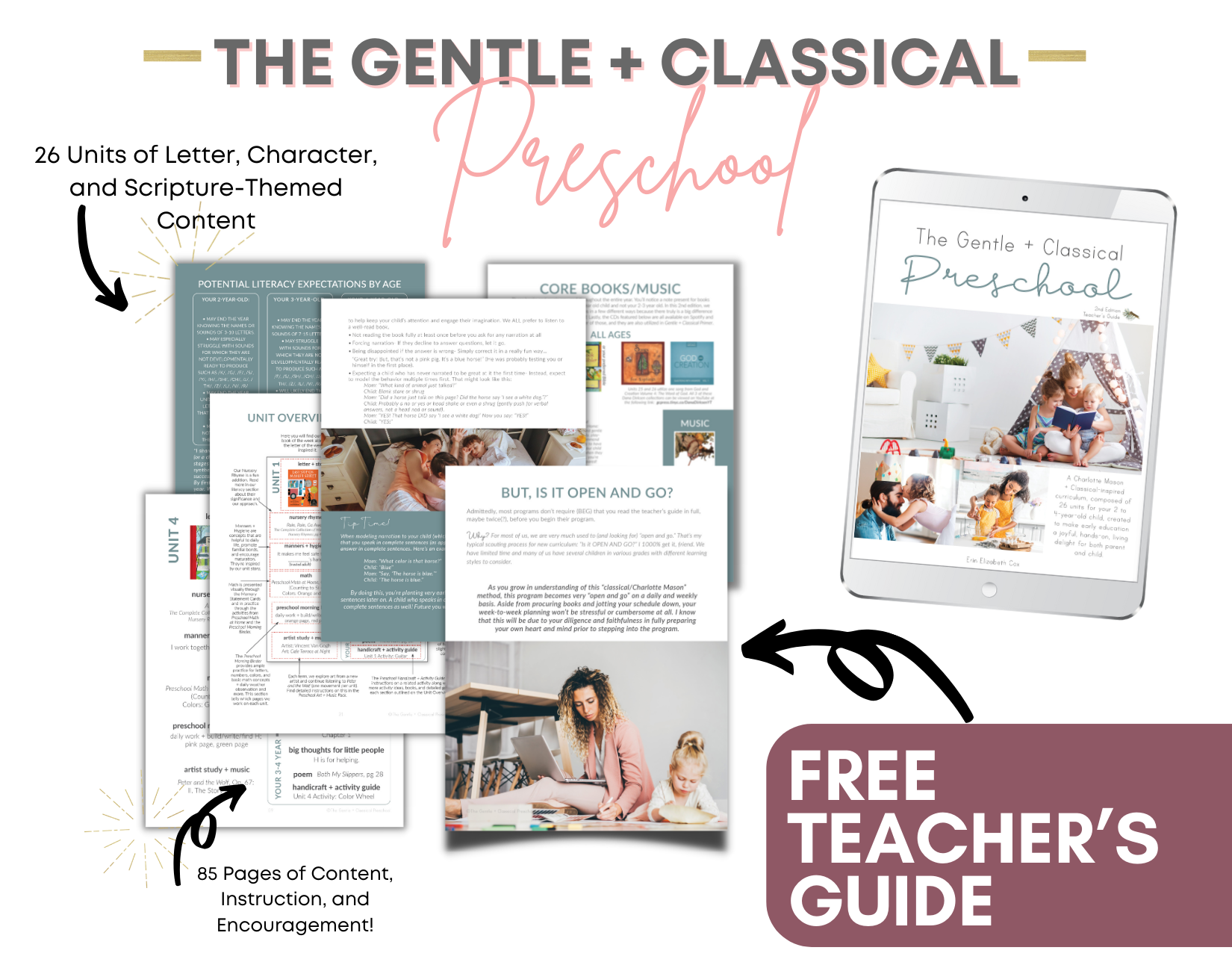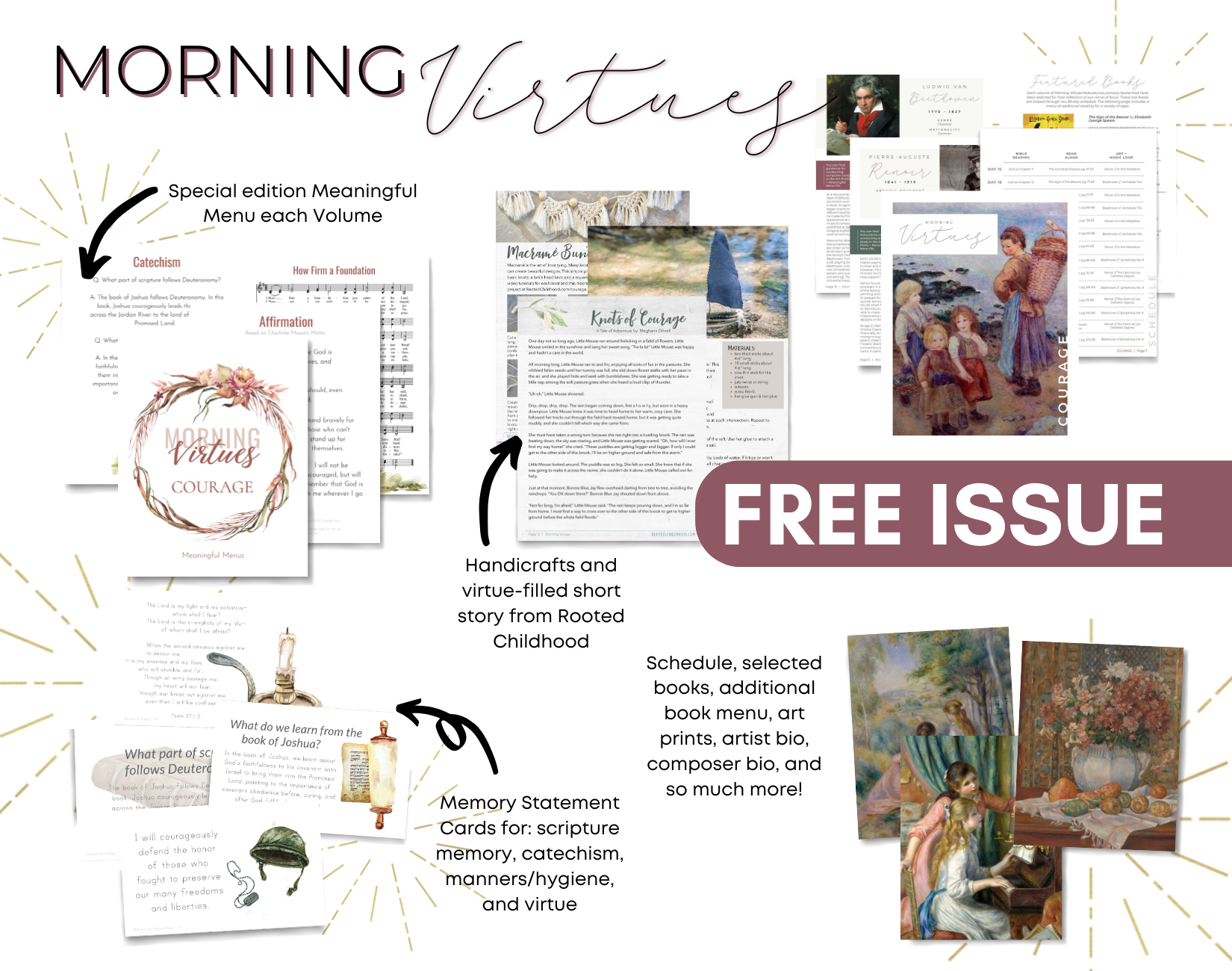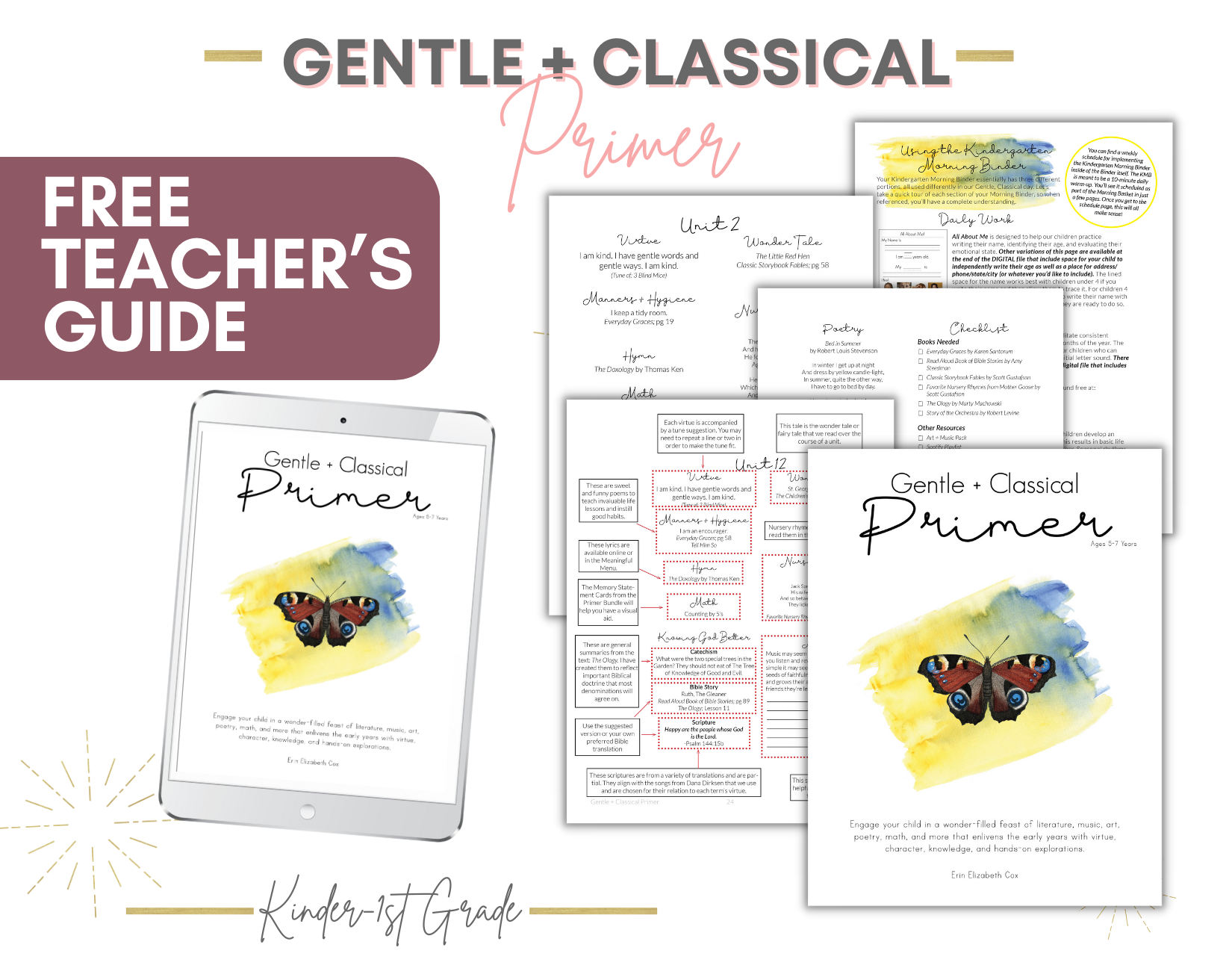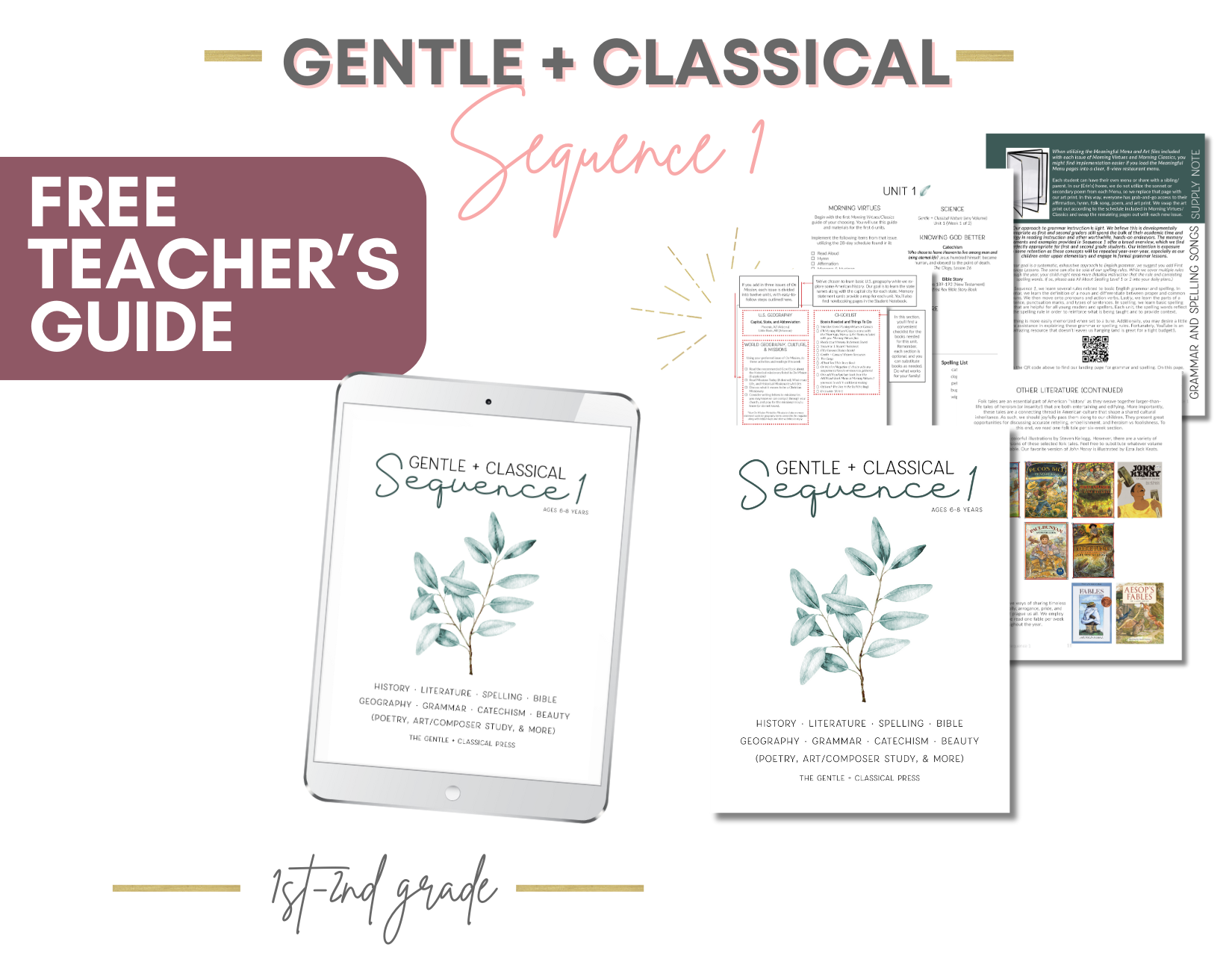A Biblical Guide to Adversity Through the Enneagram
/This is a guest post by the talented Jessica Alessio. Jessica has such an intricate and beautiful understanding of both God’s Truth AND the Enneagram. You’ll find her biblical directives for prayer and scriptural truth based on your number refreshing and life-giving! Find more from her at the bottom of this post.
Stress on the job. A busy schedule at home. Holiday functions. An unexpected illness. An unanticipated death. Each of us faces waves of adversity at various levels and at differing times. However, the way we respond to these challenges in our daily lives often depends on personality and our reliance on biblical truth.
Per the Enneagram (see Ian Cron’s The Road Back to You if you are new to the Enneagram experience), there are three basic approaches to adversity: competency, reactive, and positive outlook. Throughout this post, we will explore the intricate ways that each type tends to approach daily challenges, and the biblical principles and formative practices that can support us through extensive times of need.
As you read, it is crucial to remember that the purpose of the Enneagram is not to pigeonhole you into a specific personality type, but to let you explore the underlying motivations of your actions and examine both your limitations and your strengths. Rather than an all-encompassing personality profile, the Enneagram provides you with strategies and guidance on how you can become a lifelong learner of yourself and how and why you respond as you do to the world around you.
Thus, the Enneagram is a growth tool you can utilize to understand your limitations, and how to gain the capacity to move beyond them to realize your full potential. For some, it can take years of research before you identify your type. For more information, visit The Enneagram Institute to review the basic structure and function of the Enneagram or take a brief test to identify your Enneagram type.
Competency Approach:
The competency approach to adversity is embraced by types 1, 3 and 5. These types lean towards objective problem-solving in the face of a challenge and tend to avoid emotional responses to adversity. As they can be emotionally unattached from the problem at hand, this can be frustrating for others in the situation, as they can appear cold, distant, or aloof.
Enneagram One:
Ones strongly believe that following the rules or the principles of their faith will allow them to reach a fair and discerning solution when faced with adversity. In this way, ones may lean toward biblical principles such as the ten commandments (Exodus 20), or the seven deadly sins in order to do what is right. Meditating on God’s Word will serve them well. At times, ones can appear rigid or cold in their rationale or reasoning and might consider how to remain objective while demonstrating awareness of the feelings of those around them.
Enneagram Three:
When faced with adversity, threes have a special knack for setting their emotions aside and focusing intensely on the problem at hand. Having a natural desire to achieve, they may be difficult to work with as a team, as they can lean towards being overly competitive and even boastful when in problem-solving mode. Threes appreciate problem-solving through structures, and could benefit from a prayer process such as that found in Philippians 4:4-6. Beginning a prayer by rejoicing in the Lord, bringing a specific petition to God, and finally thanking God for his graciousness can support threes not only in reaching a resolution but in keeping in touch with their emotions (and remembering the one true Problem-Solver) along the journey.
Enneagram Five:
When faced with adversity, fives can naturally want to detach themselves from others and go off on their own to problem-solve or to pray. We watch Jesus exercise this type of solitude throughout the gospels when we learn in Luke 5:16 that “Jesus often withdrew to lonely places and prayed,” (see also Matthew 14:23, Mark 1:35, and Luke 6:12). Fives should be aware, however, that others can become agitated with the time it takes them to process information, and understand that some situations may merit group discussion or quicker processing if possible. Sharing with others what fives have researched or discovered in their time away can serve to bridge a gap with those around them.
Reactive Approach:
The reactive approach applies most predominantly to Enneagram types 4, 6 and 8. Highly emotional, these types have a difficult time disguising their feelings and tend to respond outwardly to stress. Venting can be typical among these types, and they can become more volatile if others do not respond emotionally to their stresses as well.
Enneagram Four:
Fours have a tendency to respond in an overly dramatic way to adversity and may be perceived as moody, easily agitated and self-absorbed. It is easy for them to withdraw into their imaginations where problems can escalate into something larger than the current reality, leading to feelings of hopelessness and despair. Fours may benefit from contemplative prayer exercises such as the Imaginative Contemplation Exercises from the Pray as You Go app (free from the App Store or on Google Play). This will allow fours to process information in an elaborate way while meeting Jesus and specifically asking for what they need to overcome their current adversity.
Enneagram Six:
As sixes can be naturally pessimistic by nature, when responding to adversity they can become even more anxious or suspicious than usual. As this anxiety and doubt can lead them to respond to adversity in irrational ways, it can be helpful for sixes to ground themselves in biblical truth such as Proverbs, reading one chapter a day for a month. Specifically, verses such as Proverbs 3:5-8 remind sixes not to “lean on your own understanding”, but to acknowledge the Lord “and he will make your paths straight.” Personalizing the Proverbs may be helpful for sixes as well.
Enneagram Eight:
Eights tend to live a bit emotionally uncensored, and thus can be rather volatile or controversial during times of adversity. They appreciate “being in the moment” with adversity, and confront challenges quickly and willingly. Thus, high-tempered eights can do well to remember that God gave us emotions to help us to gauge where we are in a situation and not to dictate how we respond. And since our emotions are a part of our fallen nature as human beings, we must recognize when our emotional state is being accessed by Satan and tempting us towards sin. Eights can do well to revisit “the full armor of God” (Ephesians 6:11) in order to clothe themselves in such a way that the devil cannot reach them.
Positive Outlook:
Types 2, 7 and 9 tend to respond to adversity by maintaining a positive outlook. Generally optimistic in nature, these types avoid negativity and thus can use avoidance as a problem-solving tactic when adversity comes knocking on the door. This can lead to denial that a problem exists, further exacerbating the challenge.
Enneagram Two:
When faced with an adverse situation, twos can tend to become clingy and hyper-focus on ways to please others while burying their own needs in favor of serving others. While this attitude of servitude is looked upon favorably in the Bible, it can become dangerous when utilized as an avoidance tactic. Journaling is a positive activity that can be utilized by twos to get in touch with their innermost thoughts and feelings. It would behoove twos to remember verses such as Matthew 6:1-34 where Jesus warns of practicing righteousness before others in order to be rewarded for their service. Centering prayer can also support twos by inviting them to sit in the presence of Jesus without honoring a need to actually “do” something or serve others.
Enneagram Seven:
Sevens by nature dislike anything that draws them inward toward potential grief or pain. Thus, it is typical to find sevens distracting themselves from adversity by engaging in a plethora of meaningless activities in order to avoid facing the challenge in front of them. In this way, they can reject the needs of others in order to fulfill their own needs of pleasure and avoidance of pain. They can consequently be viewed as self-serving and undependable by the people they love the most. Sevens can do well to practice solitude and silence each day in order to free themselves from their “stage” persona and need to perform. Silence will allow them to meet God in their innermost pain and struggle.
Enneagram Nine:
Adversity can be difficult for nines due to the fact that it disrupts their need for stability and peace in the world around them. One of their weaknesses is to be sloth-like; thus, nines can become complacent when faced with stress or unanticipated challenges, assuming that “things will take care of themselves” so why bother anyway? Fixed-hour prayer can be an appropriate spiritual practice for nines as it will allow for a recentering and focus around Jesus throughout the day, creating a rhythm of peace and presence that nines crave.
The Upside of Adversity
Although it is human nature to avoid stress, in her book The Upside of Stress, Kelly McGonigal shares that recent research shows stress can actually help us grow smarter, stronger and more successful, and serves as a tool for learning and growth. If we can learn to tap into our own weaknesses and personality traits and use them as tools that spur action when met with adverse situations, we will become more well-rounded and faith-filled individuals in our daily rhythms with the world.
Joshua 1:9: Be strong and courageous; do not be frightened or dismayed, for the Lord your God is with you wherever you go.
Jessica Alessio is a high school Principal and Enneagram enthusiast in Surprise, Arizona. Her passion is finding the interconnectedness between scientific research and biblical truth as demonstrated through real-world situations and events. You can learn more about her work in leadership and formative spiritual practices and perspectives at www.jessicaalessioauthor.com.




















